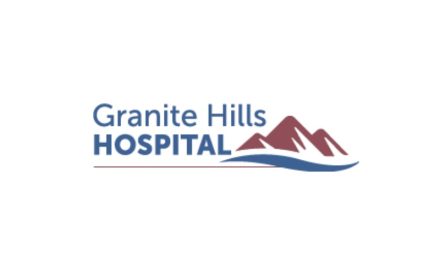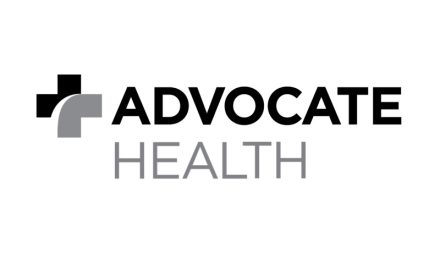
Nursing homes in Wisconsin prep for massive, unfunded mandates
New regulations can overwhelm operations, impact residents and patients
MADISON — Local nursing homes will be scrambling to put in place a massive number of new federal regulations that encompass over 400 pages and will increase operating costs by more than $40,000 per facility per year.
“Some skilled nursing care centers will be on life support to survive these intrusive, unfunded mandates that call for new staff positions, dictate how doctors practice, micromanage most interactions with residents and patients and create even more work-stifling paperwork,” said Tom Moore, Executive Director of the Wisconsin Health Care Association (WHCA).
Area nursing homes are participating with WHCA in a campaign to communicate with the federal Centers for Medicare & Medicaid Services (CMS), which oversees nursing homes, to ask for substantive changes to the requirements and relief from the quick imposition of the new regulations.
“How are care centers supposed to pay for these unfunded mandates that total thousands of dollars?” Moore said. “Either the federal government pays or it eases off its current plan and agrees to a reasonable phase-in period that gives states the chance to adjust Medicaid rates to offset the new costs. Medicaid recipients, including Family Care enrollees, comprise approximately 65 percent of all residents served in Wisconsin nursing facilities. These large unplanned expenses come at a time when a government study shows area nursing homes already have tight operating margins of less than 2 percent on average. At the same time, an analysis of Medicaid rates shows that Wisconsin nursing facilities, on average, lose $52.11 per day for each Medicaid resident they serve. For the average Wisconsin nursing home, that results in an annual loss of $1,074,400.”
“Many provisions in the proposed regulations are important,” Moore said. “But if they are not carefully phased in, the regulations will be disruptive to care center operations. The regulations will redirect staff and resources away from personal care for residents to focus more on a paper compliance culture.
“Skilled nursing care centers are major contributors to local economies,” Moore added. “New requirements often look good on paper, yet only drain scarce funds away from important services and person-centered care objectives, staff job creation, and salaries.
More details on the proposed regulations and key areas of concern are available on this website:
http://www.ahcancal.org/facility_operations/Documents/RoP%20Key%20Areas%20of%20Concern.pdf





